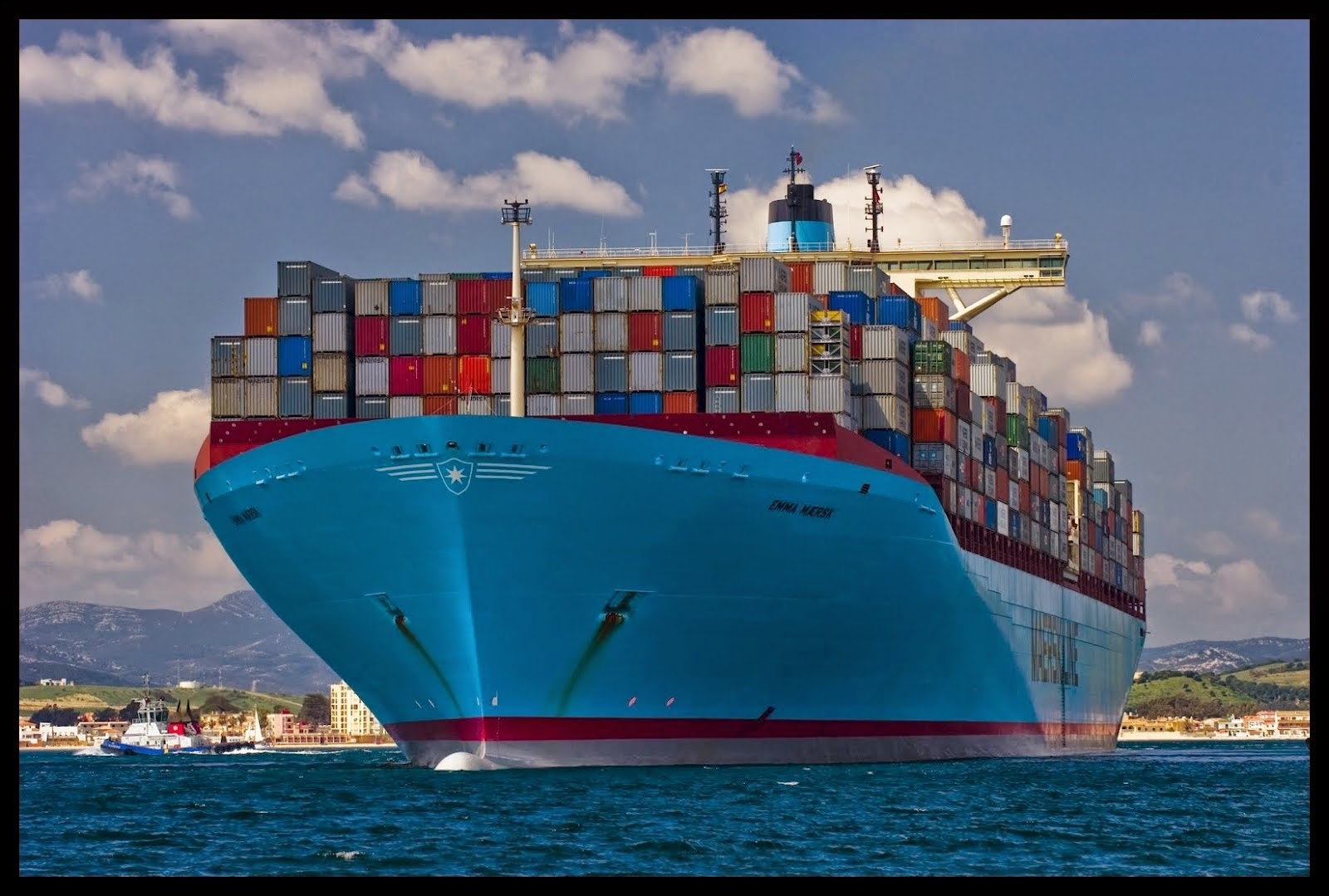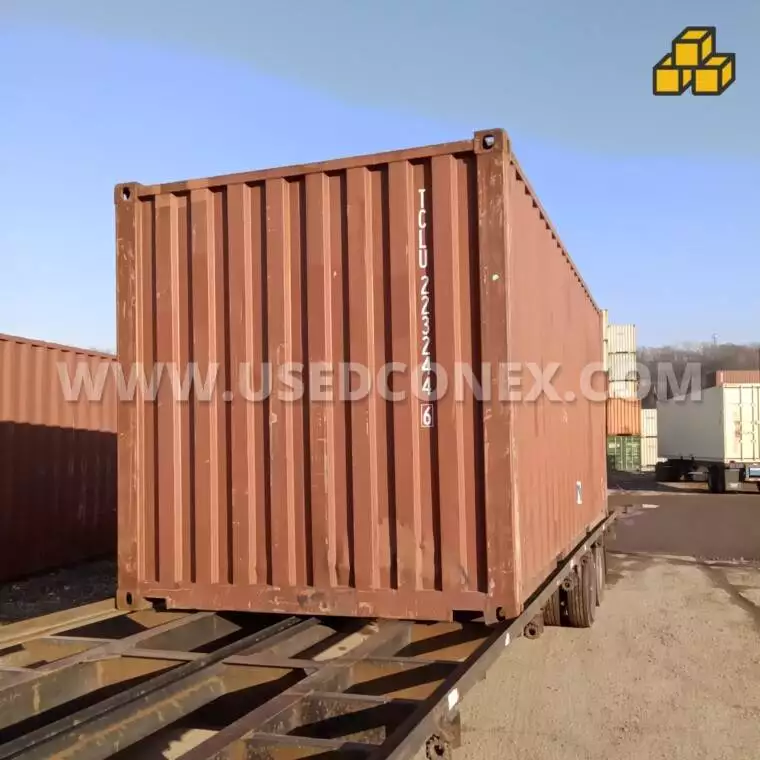
What is the reason for container delay? Understanding Container Delays
What is the reason for container delay? Understanding Container Delays.
Introducing containers has significantly transformed the approach to software deployment and management. They offer a convenient, adaptable and easily manageable option for running applications in different settings.; using containers does not assure that your apps will function without any glitches. One typical challenge confronted by container users is the delay caused within containers. In this write-up we’ll delve into the causes responsible for container delays and ways to minimize them.
Understanding Container Delays
A delay in container performance, also known as a container delay can occur when the expected speed is not met. This issue may cause longer response times, decreased throughout or slower start-up duration. There are several reasons for such delays like insufficient resources network problems and wrongly configured containers.
Reasons for Container Delays
Resource Constraints
Resource constraints are a common cause of container delays. Containers are designed to be lightweight and isolated, but they still require resources to operate. If a container does not have sufficient resources, it may experience delays. Common resource constraints that can cause delays include CPU, memory and disk I/O.
To mitigate resource constraints, you can monitor your containers and adjust the resource allocation accordingly. You can also implement auto-scaling to ensure that your containers have enough resources to operate efficiently.
Network Issues
Containers rely on the network to communicate with other containers, services and external resources. Network issues such as high latency, packet loss or bandwidth limitations can cause delays in container communication. In addition, misconfigured networks, firewalls or load balancers can also contribute to delays.
To mitigate network issues you can monitor your network performance and diagnose any issues that arise. You can also implement network policies to ensure that containers communicate efficiently and securely.
Misconfigured Containers
Misconfigured containers can also cause delays. Containers can be misconfigured in various ways, such as using the wrong base image, incorrect container settings or incompatible dependencies. Misconfigured containers can cause delays during startup, runtime or shutdown.
To mitigate misconfigured containers you can use container orchestration tools such as Kubernetes or Docker Swarm. These tools can help you manage and deploy your containers more efficiently, and they can also help you identify and diagnose misconfigured containers.
Dealing with container delays can often be a source of frustration, but implementing an effective strategy can alleviate these issues. One approach involves keeping track of your containers and making necessary adjustments to resource allocation diagnosing any network related problems that may arise, as well as utilizing container orchestration tools. Given the growing popularity of containerization it is crucial to comprehend how to manage such delays for successful deployment of containers in today’s world.


